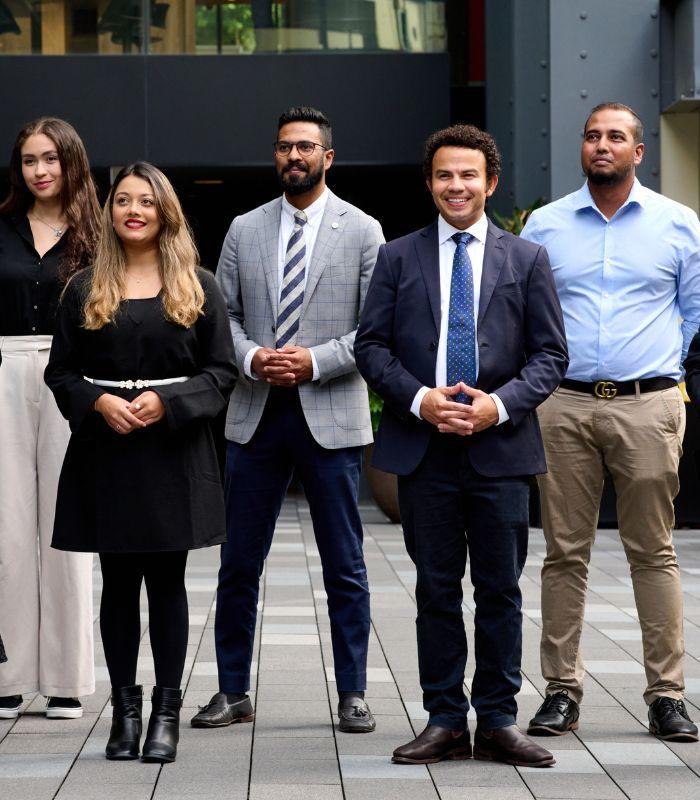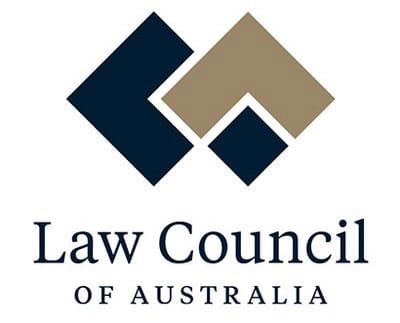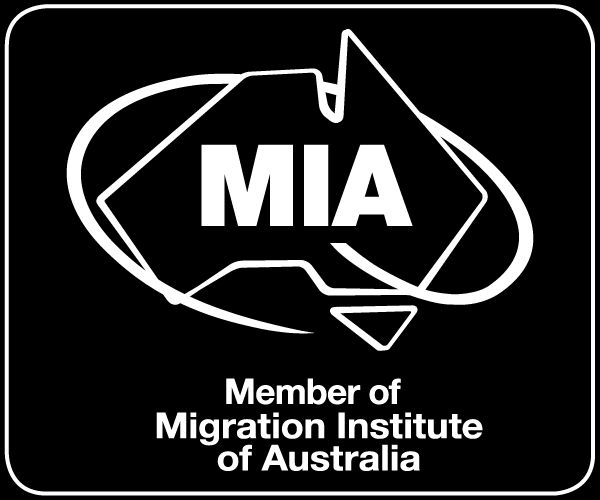Visa Refusals
Getting a visa refusal can feel like the end of the road—but it doesn’t have to be.
The key is understanding why the refusal happened, what options you have now, and how to act quickly before the window to respond closes. This guide will help you do exactly that—step by step, in plain language.
If your visa was refused, it’s crucial to understand the ‘why’ behind it—because the right approach could change everything.
Why was your visa refused?
Visa refusals are more common than people think, and they happen for a range of reasons. Here are some of the most typical ones:
- You didn’t meet the visa criteria at the time of lodging or by the time the decision was made
- Missing documents or incomplete forms
- Failure to respond to a Request for Further Information (RFI)
- Skipping required steps like a medical check or biometrics
- Submitting false or misleading details
- Not meeting character or health requirements
- Providing insufficient supporting evidence
Each case is different, and it’s crucial to read the refusal letter carefully. It will spell out exactly what went wrong and whether you have the right to appeal.

What should you do next?
A visa refusal isn’t always final. In most situations, you’ll have two main options:
1. Appeal the decision
A visa refusal isn’t always final. In most situations, you’ll have two main options:
You may be eligible to appeal the refusal to the Administrative Appeals Tribunal (AAT) or another legal body. This process can give you a second chance—but it’s important to move quickly. You’ll need to:
- Check if your visa type allows for an appeal
- Identify the right appeals body (e.g., AAT, Federal Court, Immigration Assessment Authority)
- Know your deadline—these timeframes are strict and not flexible
- Lodge all required documents, including your refusal letter
- Pay the correct appeal fee (some cases are free, or you may apply for a fee reduction)
In some situations, like if the Minister personally refuses your visa on character grounds, you’ll need to go through the courts instead.
Appeals give you the opportunity to explain your situation in detail and present new or stronger evidence. Most AAT appeals involve a hearing, which may be in person, by phone, or by video link.
Visit the Administrative Appeals Tribunal (AAT) to learn more about the process.
2. Apply for a new visa
Sometimes, appealing isn’t the best move. You may get a faster or more favourable outcome by applying for a new visa—if you’re eligible.
But there are rules. You’ll need to meet the requirements for the new visa and not be subject to any visa bars or section 48 restrictions.
If you’ve had a visa cancelled or refused while in Australia and you don’t currently hold a substantive visa (that’s any visa other than a Bridging visa), you may only be allowed to apply for certain visa types, such as:
It gets more complicated if you’re in immigration detention or if your visa was refused due to character concerns. In those cases, you might only be eligible to apply for a Protection visa.
Do all visa refusals come with appeal rights?
No, not all of them.
Some offshore visa refusals (especially where there’s no Australian sponsor) can’t be appealed. Others, like decisions made personally by the Minister, may only be challenged in the courts.
You must read your refusal letter carefully. It will outline:
- If you have appeal rights
- Where your appeal must be lodged
- Your appeal deadline
If anything in the letter is unclear, get legal advice fast. Once the deadline passes, there’s usually no second chance.

Can I apply for another visa while in Australia?
That depends. The Migration Act places restrictions on who can apply for new visas after a refusal or cancellation. These rules consider:
- Your current visa status
- Whether you’ve had a visa refused or cancelled in the past
- If you’re subject to section 48 of the Act
- Whether your previous visa was refused on character grounds
Also, if your visa had a condition preventing you from applying for another visa onshore (like condition 8503), you may be locked out unless compassionate and compelling reasons apply.
Will I get a refund after a visa refusal?
In most cases, no, you won’t get a refund. The Department of Home Affairs charges a fee to process your visa application—not to guarantee its approval.
That means even if your visa is refused, the money isn’t returned.
There are rare exceptions, but they don’t apply to most people.
This is why it’s so important to get things right from the start. A small mistake can cost you time and money.
If you’re unsure, talk to CIA Lawyers. We help make sure your application is strong before it’s submitted—so you don’t risk losing your fee over avoidable errors.
How CIA Lawyers Can Help with Visa Refusals
At CIA Lawyers, we specialise in helping people deal with visa refusals—clearly, quickly, and with confidence.
Whether your visa was refused due to character grounds, application errors, or complex immigration history, we’ll walk you through the next steps—be it a review, a fresh application, or another solution.
We’ll help you understand your options, prepare the right documents, and handle the process with care.
If your visa is refused, it may be refused for one or more reasons—so don’t guess. Contact CIA Lawyers today and get expert help that’s clear, honest, and focused on results.

Final Thoughts
If your visa is refused, it may be refused for one or more reasons. But don’t lose hope just yet. Many visa refusals can be overturned with the right approach, whether through an appeal or a new application.
Understanding the reason behind your refusal is the first step to finding a solution. CIA Lawyers can guide you through this process, ensuring you don’t miss any crucial steps and giving you the best chance to get back on track.
Don’t face this challenge alone—get in touch with CIA Lawyers today to take the right next step and move forward with confidence.
Frequently Asked Questions (FAQ)
What is section 48 and how does it affect me?
How long does an AAT appeal take?
What happens at an AAT hearing?
Can I leave Australia while appealing a visa refusal?
Do I need a lawyer for my appeal?
Our Process
Connect with a qualified solicitor to discuss your immigration needs and determine the best strategy for securing your visa under Australian immigration law.
Our legal consultants will guide you through the preparation of all required documentation, including any necessary written or oral submissions.
We stand by your side throughout the entire process, advocating on your behalf and supporting you until your visa application is successfully approved.
Visa Services
- Visitor Visas (Subclass 600)
- Student Visas (Subclass 500)
- Work Visas
- Partner Visas (Subclass 820/801)
- Family Visas
- Business & Investment Visas
- Skilled Migration
Let Us Help You !
we are dedicated to helping you achieve your visa and immigration goals.





